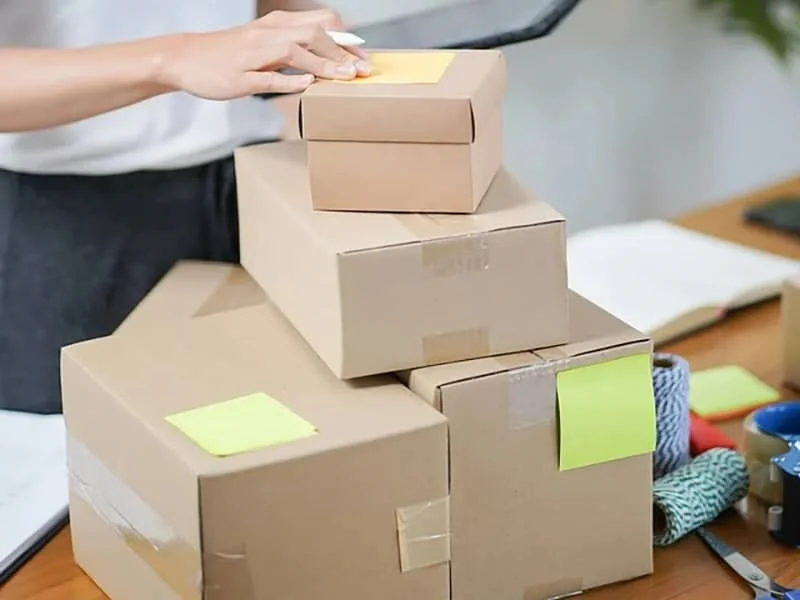It’s official: we are now entering peak shopping season for the year. And with the COVID-19 pandemic making everyone stay home, online shopping growth has gone wild. In May, E-commerce spending was up 77 percent year-over-year—a truly massive number. This “shipaggedden” coincides with another disturbing news report that has gotten buried in all the other not-so-great news we’ve had this year.
NPR and other news outlets recently reported that oil companies have been misleading the public on how effective plastic recycling is, and that recycling plastic is less cost-effective than just producing more plastic. Furthermore, the amount of plastic recycled is far lower than what many people believed. These facts are a problem because plastic does not naturally decompose. Estimates vary on how long plastic sticks around, but the unanimous scientific consensus is that not one bit of plastic that has ever been produced has yet to decompose on Earth.
The plastic problem
As of 2018, the United States throws away about 292 million tons of trash every year. It’s an insanely large amount of material that needs attention. But first, let’s focus on one specific type of junk—packaging waste. People are often surprised to hear that about 30% (or 82 million tons) of all garbage in the U.S. comes from packaging. But when you stop to think about what you throw away in a given day, this isn’t that surprising. Of that 82 million tons, about 51 percent is paper and paperboard, while 17 percent is plastic. However, 81 percent of the paper is recycled, while only 13 percent of plastic is recycled. These percentages mean that 12.6 million tons of plastic ends up combusted or in U.S. landfills annually, while only 8 million tons of paper does. So despite being far more common, less paper ends up in a landfill than plastic.
All the stats from this section (including those used in the chart) come from this 2018 EPA report.
But this problem goes one level deeper: paper will naturally decompose in a couple of months. Plastic will take well over 100 years. These plastics often end up on the side of the road or in the ocean. The sun will then break down plastic into smaller particles that seep into our soil, water, and air. Alarmingly, a new study has found that the average person consumes 2,000 plastic particles a week—
Obviously, this isn’t sustainable.

So Now What?
There are hopeful signs in our future, such as a recently discovered bacteria that digests plastic. But what are we doing right now? Some of the messaging you’ve likely heard is that you need to use paper straws or buy less plastic bottles. These measures are helpful, but they misplace responsibility on the end consumer who is not responsible for creating disposable plastic. Just four companies are responsible for producing 6 million tons of single-use plastic every year. Sometimes, these companies are the very same ones publishing ads that preach the importance of recycling plastic bottles.
So while individual actions help, the key is to use less plastic on a global scale. As you are reading this, millions of plastic mailers are being delivered to homes, across America. It is vital that those who are in a position to reduce the use of plastic in our companies research and develop ways to reduce the unsustainable spread of plastic pollution.
Packsize helps its customers take action to reduce the amount of corrugated and plastics used in packaging today. By eliminating the wasted space in boxes, Packsize can reduce plastic void fillers by 60% to 100%. And with the help of fully automated packaging solutions like the Packsize X7 system, corrugated cardboard boxes can be produced, packaged, and shipped faster than plastic mailers.
Corrugated cardboard is more sustainable, less expensive, and can provide quality protection. If you’d like to learn more about optimizing your packaging, contact us today. We can offer you a full packaging consultation, absolutely free.